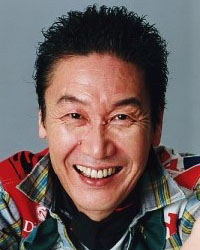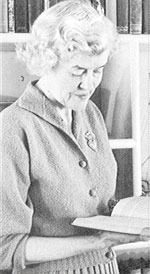A Quote by George Crook
During the engagement I tried to throw a strong force through the canon, but I was obliged to use it elsewhere before it had gotten to the supposed location of the village.
Related Quotes
The libertarian approach is a very symmetrical one: the non-aggression principle does not rule out force, but only the initiation of force. In other words, you are permitted to use force only in response to some else's use of force. If they do not use force you may not use force yourself. There is a symmetry here: force for force, but no force if no force was used.
As long as nuclear weapons exist, there is a risk that they will be used. And the consequences of their use would be catastrophic. This realization has led to increased engagement, not least through the humanitarian initiative. We must now use this broad engagement to garner support and to push for real results in the disarmament field.
What a shame that Christianity had come here!If the white man had not intruded where he was not wanted, where he did not belong, even now protected by the mountains and the river,the village would have remained a last stronghold of a culture which was almost gone.Mark tried to say that no village,no culture can remain static. I have often thought that if this lively and magnificent land belongs to anyone,it's to the birds and the fish.They were here long before the first Indian and when the last man is gone from the Earth,it will be theirs again.
The most fundamental paradox is that if we're never to use force, we must be prepared to use it and to use it successfully. We Americans don't want war and we don't start fights. We don't maintain a strong military force to conquer or coerce others. The purpose of our military is simple and straightforward: we want to prevent war.
If you're dumb enough to volunteer for the army, I don't see why we're supposed to feel so bad when you get shot. I'm not saying we should throw a party or anything, but is it such a tragedy? If I'd gotten shot before I made 'Garden State', yeah, that's a tragedy, but some red-state hick getting his legs blown off? Come on.
I've written in every imaginable location; a repurposed closet, the kitchen table, the bleachers while my kids had basketball practice, the front seat of the car when they were at soccer. In airports. On trains. In the break room when I was supposed to be wolfing down dinner. In the back of classrooms when I was supposed to be paying attention.
Before Christianity became the Roman Empire's official religion in the 4th Century, 'mystery religions,' organized around a central canon of secret knowledge, were widespread. Membership in such religions was limited to people who had passed through secret initiation rituals and had begun to learn a body of hidden knowledge.
If I have the same plan to go into the streets, find random strangers, use art-historical referent from their - from the specific location, to use decorative patterns from this location, that's a rule. That's a set of patterns that you can apply to all societies. But what gives rise or what comes out of each experiment is so radically different.





































